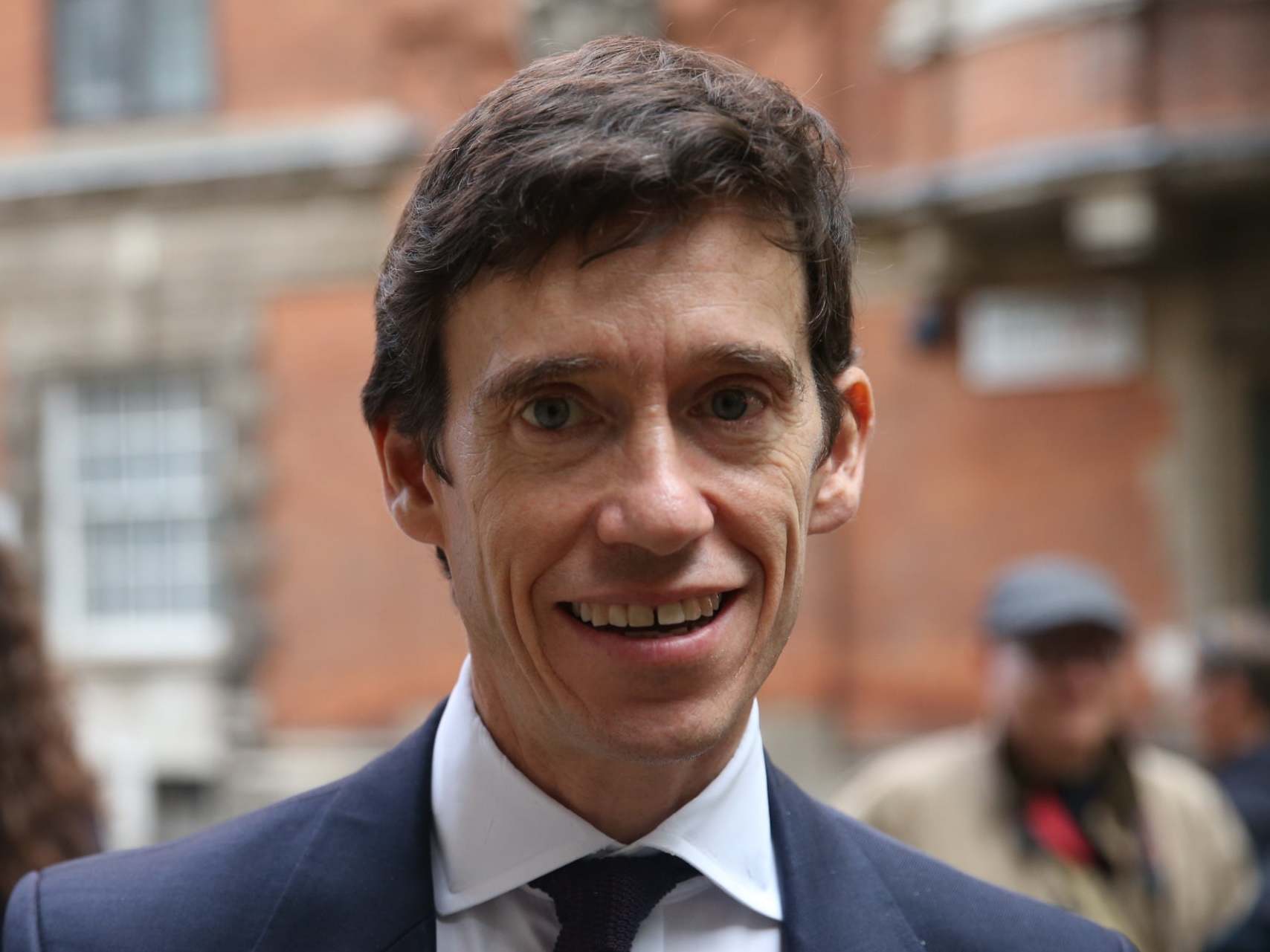Does Rory Stewart’s resignation show there is no place for Tory moderates under Boris Johnson?
Losing centre-ground MPs will make it harder for Johnson to convince swing voters to back him at the next election, writes Benjamin Kentish


Three months ago, Rory Stewart was an upwardly-mobile cabinet minister, a Tory leadership candidate and an outside bet to be the next Conservative prime minister. Now, he is not even a party member.
Stewart announced his resignation from the Tories on Friday morning and, minutes later, declared that he would be standing for mayor of London as an independent.
The rise and fall of one of the best known and most senior Tory moderates is a sign of the turbulent winds buffeting UK politics, but it also raises fundamental questions about the nature of the Conservative Party under Boris Johnson.
That the party is one which some of the more centrist Tories no longer want to be part of is surprising in some ways, given Mr Johnson has traditionally been seen as a liberal Conservative and, as prime minister, has been keen to promote his One Nation credentials.
For all the speculation of future tax cuts and deregulation, his government has so far adopted a more moderate economic policy than its predecessors, centred around a series of headline-grabbing spending pledges that amount to a splurge of investment in public services.
This is a serious electoral problem for Labour and a clear break with the years of austerity presided over by David Cameron and Theresa May.
And yet in other ways, Johnson leads the most hardline, ideological government since Margaret Thatcher. The prime minister frequently draws on populist notions of the people against the elite, and has adopted a tough stance on crime and immigration.
Then there is Brexit, where Johnson appears content to smash up everything the Conservative Party previously held dear in his quest to take Britain out of the EU. The prime minister has ridden roughshod over the constitution, undermining parliament, the monarchy and the judiciary. He has unlawfully closed parliament, dismissed MPs’ concerns about death threats as “humbug” and belittled the economic threats posed by a no-deal Brexit.
No wonder, then, that some traditional Tories say they no longer recognise the party.
It is this cultural shift that has alienated Tory moderates more than anything else. For all his talk of bringing people together, Johnson’s message is ultimately one of division: Leave versus Remain, the majority against the minority, Britain against the EU, the people versus parliament.
For Stewart and other traditional Tories, this is anathema. It is not simply that they oppose a no-deal Brexit, although, of course, it was this that led to 21 of them being expelled from the party, but that they believe Johnson is stomping over all the values – pragmatism, conservatism, economic competence, civility – that they think the Tories should stand for.
To expel so many MPs in one go for refusing to follow orders is unprecedented and a sign of the hardline, uncompromising approach that has typified Johnson’s time in Downing Street.
That said, talk of an exodus of Tory moderates is excessive. Far more were kicked out by Johnson than left of their own accord and many left-wing Tories remain in the party. Some, like Nicky Morgan, are even in the cabinet.
Tory MP Shailesh Vara, responding to Stewart’s exit from the party, tweeted: “Diehard Remainers leaving the Conservative Party doesn’t make the party any less One Nation. To be clear, there are many of us who believe in Brexit and are proud One Nation Tories.”
And there are political factors as well as principled ones behind the actions of Stewart and others like him.
Many people in Westminster believe an election is coming in the next few months and that the Conservatives are on course to win it. The former Tory MPs expelled by Johnson are aware that, even if they somehow found a way back into the party, they would be likely to spend up to another five years following the orders of a man whose politics (and in some cases personality) many of them despise.
It is no surprise then, that some are seeking fresh opportunities, whether in another party or, as in Stewart’s case, in another job.
Still, the risks for Johnson are significant. Not only has losing moderates like Stewart cost him his House of Commons majority – it could cost him the next election too.
The Tories’ electoral strategy is almost certain to focus on winning seats from Labour in Brexit-backing areas, but to be sure of winning a comfortable majority, the party will also need to hold seats that are vulnerable to a challenge from the Liberal Democrats.
Losing moderate voices risks making the Conservatives look like a hardline right-wing party and alienating the Tory-Lib Dem swing voters they need to win over.
It will be harder for Johnson to make the case that he is a One Nation pragmatist deserving of these voters’ support when some of his former MPs are branding him a Brexiteer extremist.
For this reason if nothing else, the prime minister and his team will want to find a way to stop more moderate MPs following Stewart’s lead.
Join our commenting forum
Join thought-provoking conversations, follow other Independent readers and see their replies
Comments